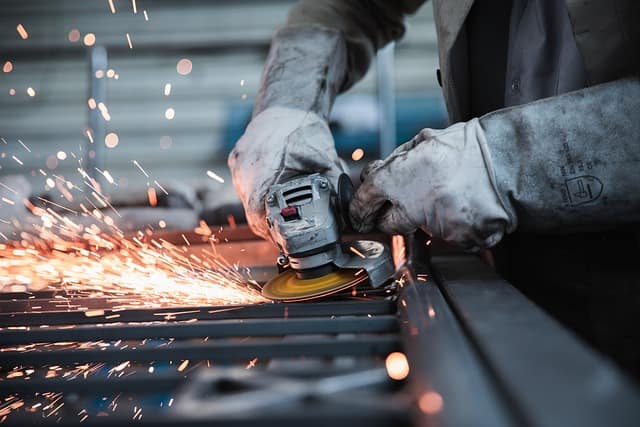The UK manufacturing sector endured another challenging period in the quarter to October, with output and orders falling sharply, sentiment deteriorating and investment plans cut back sharply, according to the latest quarterly CBI Industrial Trends Survey.
Manufacturing output fell in the three months to October. The downturn was broad-based across sub-sectors, but driven by metal products, metal manufacture and electronic engineering.
Firms expect output to fall again over the quarter to January.
Demand conditions weakened notably. The volume of total new orders fell sharply through the quarter.
Both domestic and export orders fell at their fastest rates since the early stages of the Covid pandemic (July 2020). Levels of total and export order books remain well below their long-run averages, and manufacturers anticipate another drop in new orders over the next three months.
Cost pressures remain elevated, although growth in domestic selling prices has slowed and export prices have fallen, suggesting a squeeze on margins. Manufacturing competitiveness fell in all major markets.
Manufacturers’ investment appetite has deteriorated markedly. Spending plans for the year ahead fell across every category, held back by weak demand, inadequate net returns and shortages of internal finance. Investment in plant & machinery and buildings looks set to fall particularly sharply. The share of firms investing to expand capacity fell to a level last seen in the recessions of 2009 and the early 1980s. Meanwhile, employment fell at the fastest pace for five years.
Ben Jones, Lead Economist, CBI, said, “Manufacturers are finding the going tough. Order books are weakening, cost pressures remain stubbornly high, and uncertainty is rising ahead of the Budget. This is making businesses increasingly reluctant to commit to new hiring and investment.
“To get manufacturing moving again, firms need to see the government accelerate energy cost support. That will help address a significant factor crippling the sector’s competitiveness. The Chancellor must also commit to no further business tax rises at the Budget and to boosting resources for exporters that will help firms maximise trading opportunities while raising productivity and growth.”

